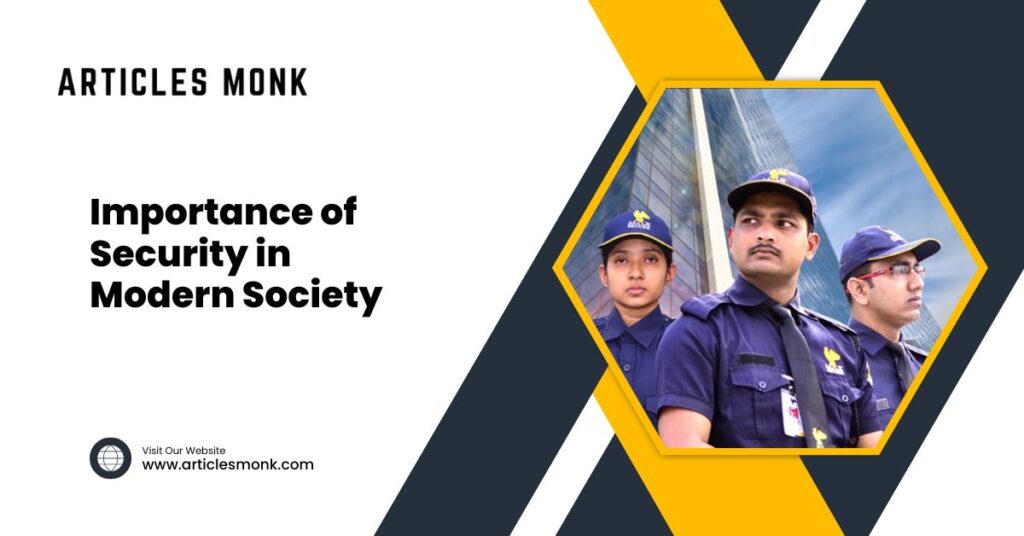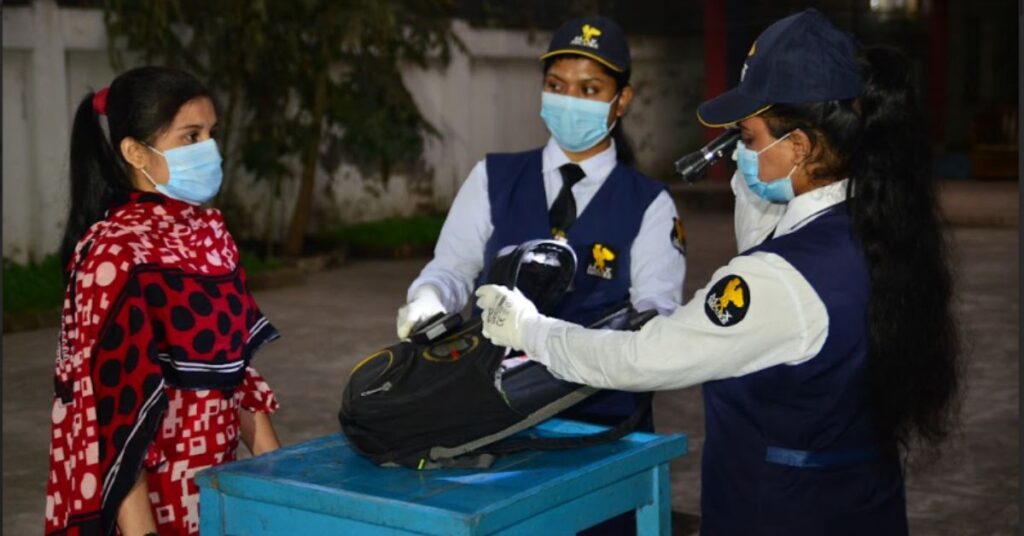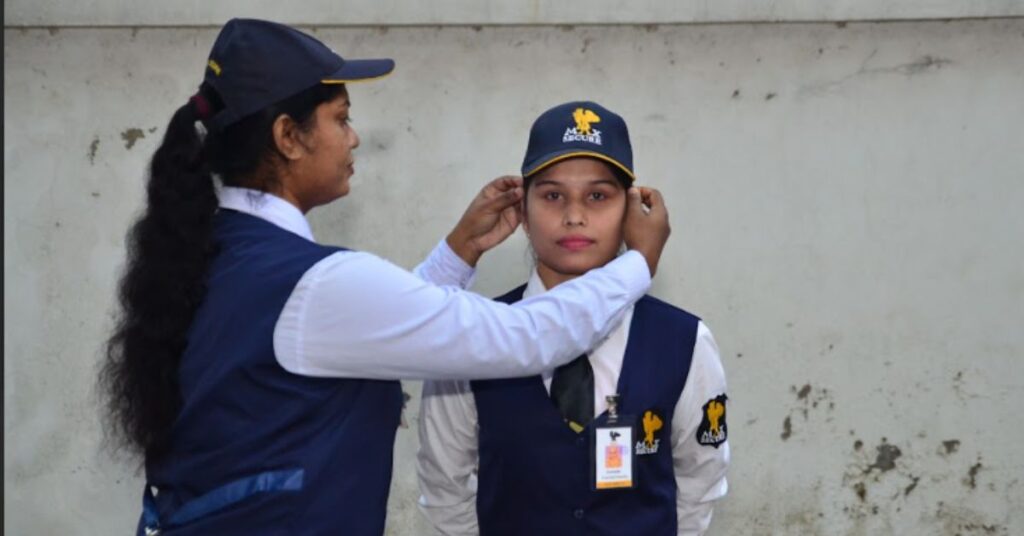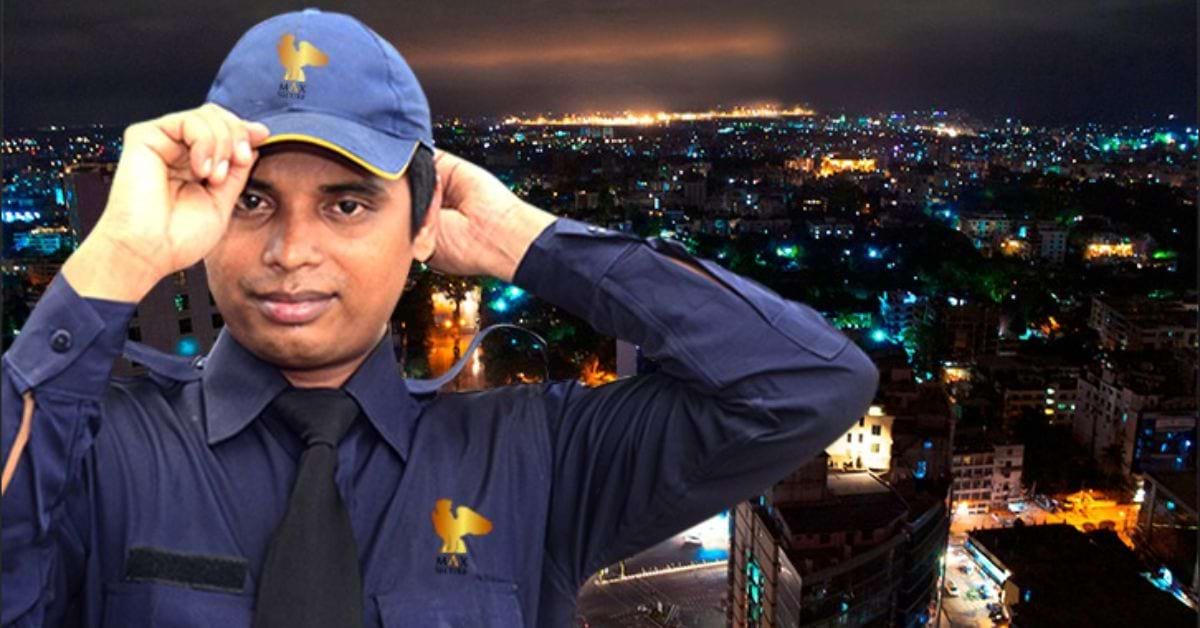Behind the Scenes: A Day in the Life of a Professional Security Officer
Professional security officers play a crucial role in safeguarding people, property, and assets in a variety of settings, ranging from corporate offices to shopping malls and even public events. This content delves into the intricate workings of a typical day in the life of a professional security officer. It aims to shed light on their duties, the preparation they undergo, their daily routines, challenges they face, and the training required for this occupation.
The Role of a Professional Security Officer
Professional security officers are responsible for maintaining safety and order in diverse environments. Their roles and responsibilities can vary significantly depending on the setting in which they work. However, some common duties and responsibilities include patrolling premises, monitoring surveillance equipment, responding to incidents, and interacting with people. These responsibilities are pivotal to ensuring the overall safety and security of the places they protect.
Security officers work in a wide range of industries, including but not limited to:
1. Corporate Security: In this setting, security officers protect office buildings, employees, and sensitive information. They also manage access control systems to ensure that only authorized personnel can enter the premises.
2. Retail Security: Security officers in retail environments help prevent theft and vandalism. They often perform surveillance, monitor for suspicious behavior, and collaborate with local law enforcement when necessary.
3. Event Security: At public events, security officers help maintain order and ensure the safety of attendees. They manage crowd control, assist with emergencies, and enforce event-specific rules and regulations. If you are looking for Event Security Management Service Provider we might also help you with that.
4. Healthcare Security: In healthcare facilities, security officers protect patients, staff, and sensitive medical information. They may also assist in de-escalating situations involving agitated or aggressive individuals.
5. Industrial and Manufacturing Security: Security officers in industrial settings are responsible for guarding valuable equipment, machinery, and supplies. They also help maintain a safe working environment for employees.
Importance of Security in Modern Society

In today’s world, security is of paramount importance. The presence of professional security officers is essential to prevent theft, violence, and unauthorized access. They also play a crucial role in emergency response and disaster management. With the increasing prevalence of security threats, the demand for professional security officers has risen, making their role more vital than ever.
Preparing for the Day
To excel in their roles, security officers need to be well-prepared for each workday. This preparation involves several key steps:
Daily Briefing and Assignment Allocation
Before beginning their shifts, security officers often attend daily briefings where they receive updates on recent incidents, security concerns, and special instructions for the day. They are also assigned specific areas or tasks.
Equipment and Uniform Preparation
Security officers ensure that they have all the necessary equipment, such as radios, flashlights, and first-aid kits, in working order. They also check and don their uniforms, including any required protective gear.
Mental and Physical Readiness
Mental and physical fitness are crucial for security officers. They need to be mentally alert to respond to emergencies and physically capable of patrolling large areas on foot. Many officers also participate in fitness routines to stay in shape.
A Day in the Life
A professional security officer’s day is often dynamic and filled with various tasks. Here’s a detailed breakdown of their typical day:
Morning Routine
1. Arrival at the Workplace:
Security officers usually arrive at their designated workplaces a bit before their shifts start. This early arrival allows them to transition smoothly into their roles and receive essential updates.
2. Shift Handover and Updates:
At the start of the shift, security officers receive information from the outgoing team. They are briefed on any incidents that occurred during the previous shift and receive updates on security concerns or issues.
3. Inspection of Premises:
One of the first tasks is to conduct a thorough inspection of the premises. This includes checking entry and exit points, ensuring that alarms are functioning correctly, and assessing the overall security of the area.
Responding to Incidents
1. Surveillance and Monitoring:
Throughout their shifts, security officers continuously monitor surveillance equipment, including cameras and alarm systems. They keep an eye out for any unusual or suspicious activities.
2. Handling Access Control:
Security officers manage access control by verifying the identity of individuals entering the premises. This involves checking identification, verifying appointments, and ensuring that only authorized personnel are allowed access.
3. Dealing with Alarms and Emergencies:
When alarms are triggered or emergencies arise, security officers are the first responders. They investigate the cause of alarms and respond to emergencies according to established protocols. This can involve evacuating the premises, providing first aid, or contacting law enforcement.
Interactions with People

1. Communication and Customer Service:
Security officers often interact with people on the premises. They may provide directions, answer questions, and offer assistance when needed. Good communication and customer service skills are essential for maintaining a positive and secure environment.
2. Conflict Resolution:
At times, security officers must de-escalate tense situations or address conflicts between individuals. Training in conflict resolution is an integral part of their skill set.
Documentation and Reporting
1. Incident Reports:
Security officers are responsible for documenting any incidents or unusual activities they encounter. These reports are vital for record-keeping, investigation, and potential legal purposes.
2. Log Keeping:
In addition to incident reports, security officers maintain detailed logs of their activities during their shifts. This includes their location, actions taken, and any interactions with people.
3. Compliance with Policies and Procedures:
Security officers must adhere to established policies and procedures to ensure consistent and effective security measures. They often receive ongoing training to stay up to date with these protocols.
Breaks and Shift Changes
1. Meal Breaks:
Security officers typically have scheduled meal breaks, during which they can rest, refuel, and prepare for the remainder of their shift.
2. Shift Handovers:
As the shift nears its end, security officers hand over their duties and responsibilities to the next shift. This ensures continuity of security coverage.
End of the Day
1. Summary of the Day’s Events:
At the end of their shifts, security officers often provide a summary of the day’s events to the incoming shift or their superiors. This may include any incidents, actions taken, and any outstanding concerns.
2. Handover of Duties to the Next Shift:
The outgoing shift provides detailed information to the incoming team to ensure a seamless transition. This includes sharing any ongoing issues, potential threats, or updates on access control.
Challenges Faced by Security Officers
Working as a professional security officer comes with its fair share of challenges, both physical and mental. These challenges can include:
1. Physical and Mental Demands:
Security officers often work long hours, standing or patrolling for extended periods. The need to stay vigilant and alert can be physically and mentally demanding.
2. Dealing with Difficult Situations:
Security officers may encounter aggressive or uncooperative individuals. Handling such situations while maintaining composure and professionalism can be challenging.
3. Maintaining Vigilance:
Maintaining constant vigilance and attention to detail is essential. It can be mentally taxing to stay alert during monotonous or quiet periods.
Training and Qualifications
To become a professional security officer, individuals typically need to meet specific training and qualification requirements:
1. Licensing and Certification Requirements:
In many jurisdictions, security officers are required to obtain a license or certification. These often involve completing training courses on topics such as security procedures, emergency response, and legal regulations.
2. Ongoing Training and Development:
Even after obtaining their initial licenses, security officers are expected to undergo continuous training and development to stay current with the latest security technologies, procedures, and best practices.
3. Specialized Skills for Various Environments:
Security officers in different settings may require specialized skills. For example, healthcare security officers may need knowledge of medical procedures, while event security officers should be well-versed in crowd management.
Career Advancement Opportunities

A career as a professional security officer can lead to various advancement opportunities:
1. Supervisor and Managerial Roles:
Experienced security officers may advance to supervisory or managerial positions. In these roles, they oversee a team of security personnel, manage operations, and make critical decisions.
2. Specialized Security Roles:
Security officers can specialize in areas such as cybersecurity, executive protection, or K-9 handling. These specialized roles often come with increased responsibilities and higher earning potential.
3. Transitioning to Related Fields:
The skills acquired as a security officer can be transferable to related fields such as law enforcement, private investigations, or risk management. Many security officers choose to transition into these professions later in their careers.
Read More: Security Company in Bangladesh
Conclusion
A day in the life of a professional security officer is multifaceted and dynamic, involving a combination of vigilance, communication, and the ability to respond to emergencies. Their roles are critical in maintaining safety and security across various settings, and they play a pivotal role in our modern society.
Security officers face challenges and must continuously adapt to evolving security threats. They require training, qualifications, and ongoing development to excel in their roles and to keep the places they protect secure.
For those interested in pursuing a career in security, it offers not only a stable and essential profession but also opportunities for growth and specialization, making it a rewarding career path for those who are committed to ensuring the safety and security of others.
Ready to share your ideas with us? Submit your article to our editorial team will review your submission and get back to you as soon as possible.

